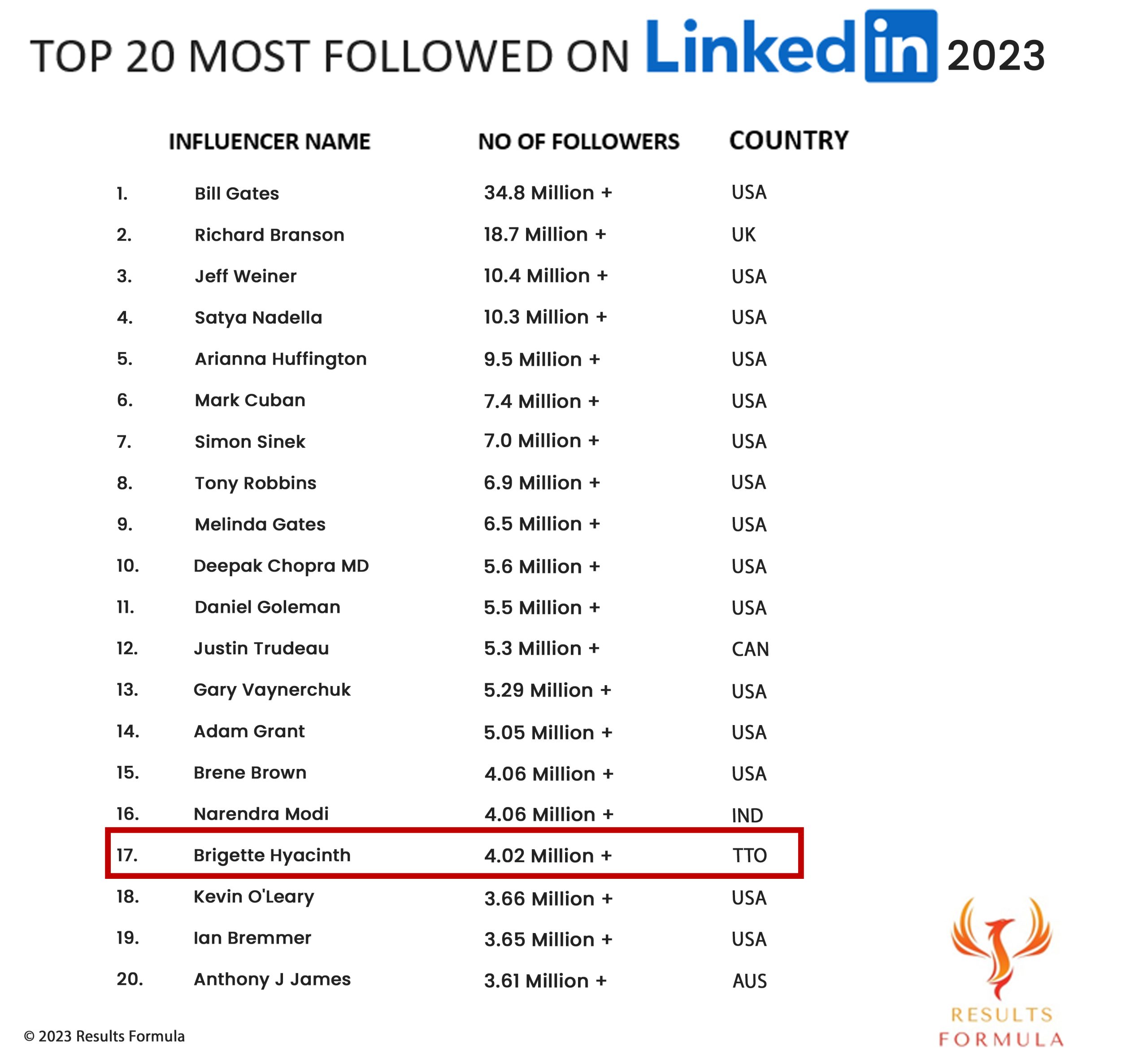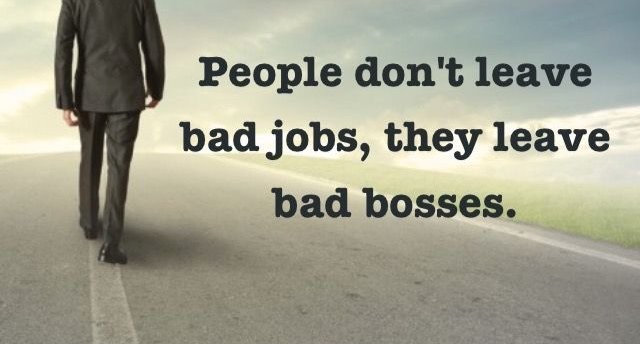Loyal employees are a major asset for a strong company. Many businesses think that employees are automatically loyal just because they’re getting a regular paycheck. The truth is loyalty isn’t for sale. Loyalty has to be earned by the way you treat your employees. Transforming your business isn’t easy. You can’t do it alone. Without the cumulative drive of a dedicated team, your business won’t last long.
How you Treat your Employees will Determine the Fate of your Company!
Often poor management lies at the heart of an employee’s departure. People don’t leave jobs, they leave managers. The manager is the company’s first point of contact with an employee, if that contact is bad, the relationship with the company will be bad and the employee won’t stay long. If companies are going to excel, they need two things: Loyal Employees and Loyal Customers. The link between employee satisfaction and productivity is long-established. Research has found that happy workers are 12% more productive than their less satisfied counterparts. Loyal employees = Loyal customers. Loyal employees are worth more than their weight in gold. They uphold your brand and ensure the sustainability of your business. They go the extra mile. They make it possible for you to win.
In the present environment, it becomes a necessity for the organization to have a strategy for retaining their best employees. Your competitors are waiting at the door with “treats” to lure away your top performers. If you keep treating employees like they are easily replaceable, you will be paying the price for this. According to data drawn from 30 case studies taken from 11 research papers on the costs of employee turnover, it costs at least 20% of their salary when an employee leaves. These costs reflect the loss of productivity from the departure, the cost of finding a replacement, and the reduced productivity while the new employee gets up to speed.
Beyond the more tangible losses, it affects the teams stability and causes other employees to reconsider their loyalty towards the organization. Additionally, poor employee loyalty can also damage a company’s image. Sites like Glassdoor and Indeed offer employees a platform on which to air their true feelings about their employer. Fortune bases its “100 Best Companies to Work For” ranking on employee reviews of company culture.
Train people well enough so they can leave, treat them well enough so they don’t want to. -Richard Branson
Tips To Help You Keep Your Best Employees
When employees feel disconnected, undervalued, and unappreciated, it doesn’t take long for them to jump ship and look for another job that will recognize their contributions. The only thing that can stop a high employee turnover is to give employees a reason to stay, or, even better, multiple reasons. Here are some tips to help retain your best employees:
* Don’t treat employees like machines – Employees want to know that their employer understands the need for a work/life balance and respects their personal time.
* Create opportunities for growth and development – Always make sure there are ways your employees can grow and can do work that inspires them.
* Reward Employees’ efforts – An open company culture with room for recognition and appreciation is very important. If you want the best, you must pay the price for the best.
* Don’t micromanage – Trust employees. Give them autonomy and breathing space to get their work done.
* Provide adequate training and support. Training demonstrates a company’s commitment to employees in terms of personal and professional growth.
* Show Empathy. Very few bosses show empathy towards their team members and this helps improve overall team morale and performance.
Ultimately having a culture that promotes open communication, fairness, teamwork, camaraderie and a family atmosphere helps to retain good employees. Focus on building quality relationships. Employees with strong bonds to those they work with, are usually the most engaged and tend to stay longer at companies they work for.
Furthermore, when people leave your organization, find out why. Your organization may have morale weaknesses you are not aware of or have been underestimating. In one study, 89% of managers surveyed said they thought most employees leave for better pay. However, another study found that 88% of employees who quit did so for something other than money. Clearly, there is often a disconnect between managers and employees about what motivates an employee to leave. The reason for leaving is not always salary and exit interviews are not always accurate. HR needs to dig deep to find out the exact reason of staff turnover. And most importantly “Act.” Take action and let employees see you are genuinely committed to enriching their work experience.
Consequently, when people stay with your organization, find out why (Stay Interviews). Here’s the reality: employees are only as loyal to the company as they believe the company is loyal to them. Loyalty is a two-way street. So in the end, building an organization of committed, loyal employees ultimately comes down to demonstrating to employees that the company deserves their loyalty.
Check out my latest Bestselling Book











